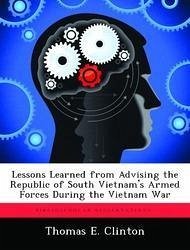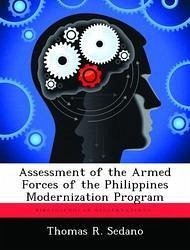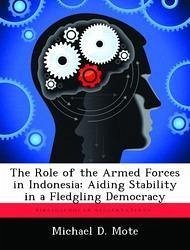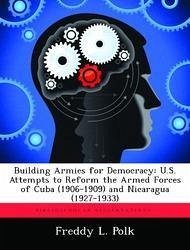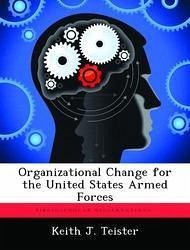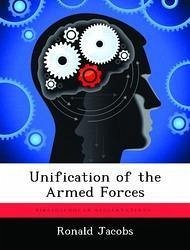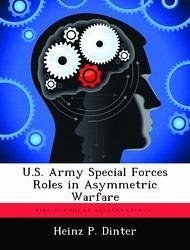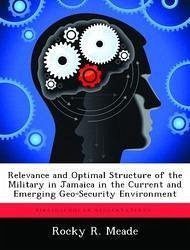
New Roles of the Dominican Armed Forces in the Dominican Republic National Security Plan
Versandkostenfrei!
Versandfertig in über 4 Wochen
52,99 €
inkl. MwSt.
Weitere Ausgaben:

PAYBACK Punkte
26 °P sammeln!
This study investigates the institutional roles and the functions of the Dominican Armed Forces in their National Security Plan of 2005. Using the Klepak Threat Analysis Method this study analyzes the traditional threats to the Dominican Republic Security at the end of the Cold War, and the newly identified threats presented in the new National Security Plan, and how relevant those threats are to the Dominican Armed Forces and to the National Police. The resulting analysis provides a basis for determining what the new roles of the Dominican Armed Forces should be for the twenty-first century. ...
This study investigates the institutional roles and the functions of the Dominican Armed Forces in their National Security Plan of 2005. Using the Klepak Threat Analysis Method this study analyzes the traditional threats to the Dominican Republic Security at the end of the Cold War, and the newly identified threats presented in the new National Security Plan, and how relevant those threats are to the Dominican Armed Forces and to the National Police. The resulting analysis provides a basis for determining what the new roles of the Dominican Armed Forces should be for the twenty-first century. After those roles are identified this study reviews the legal instruments that authorize those roles, primarily the Constitution, the Armed Force Doctrine and the Statutory Law of the Armed Forces. Finally, with the new roles defined and the necessary changes in the military legal system identified, and after reviewing the literature from knowledgeable sources about the Dominican Republic, this thesis proposes that the Dominican Constitution be amended, in order to separate the mandate of the Armed Forces from that of the National Police and specify the principles that characterize the nature of each body. In addition this study recommends reformulating the doctrine of the Armed Forces in order to update it to the Dominican reality. Furthermore, recommendations are made for the adoption of a more flexible Statutory Law, which allows the military of the Dominican Republic to confront a wide variety of threats such as natural disaster, social conflict situations, illegal migration, and prepare adequately. Lastly, the study recommends that nation stop considering Peace Keeping Operations as potentially damaging, and that the government resist the temptation to use the military in roles that jeopardize the military's burgeoning professionalism.





